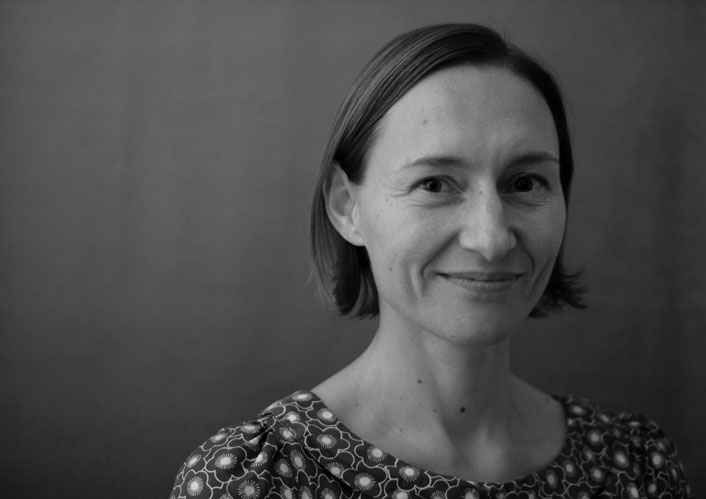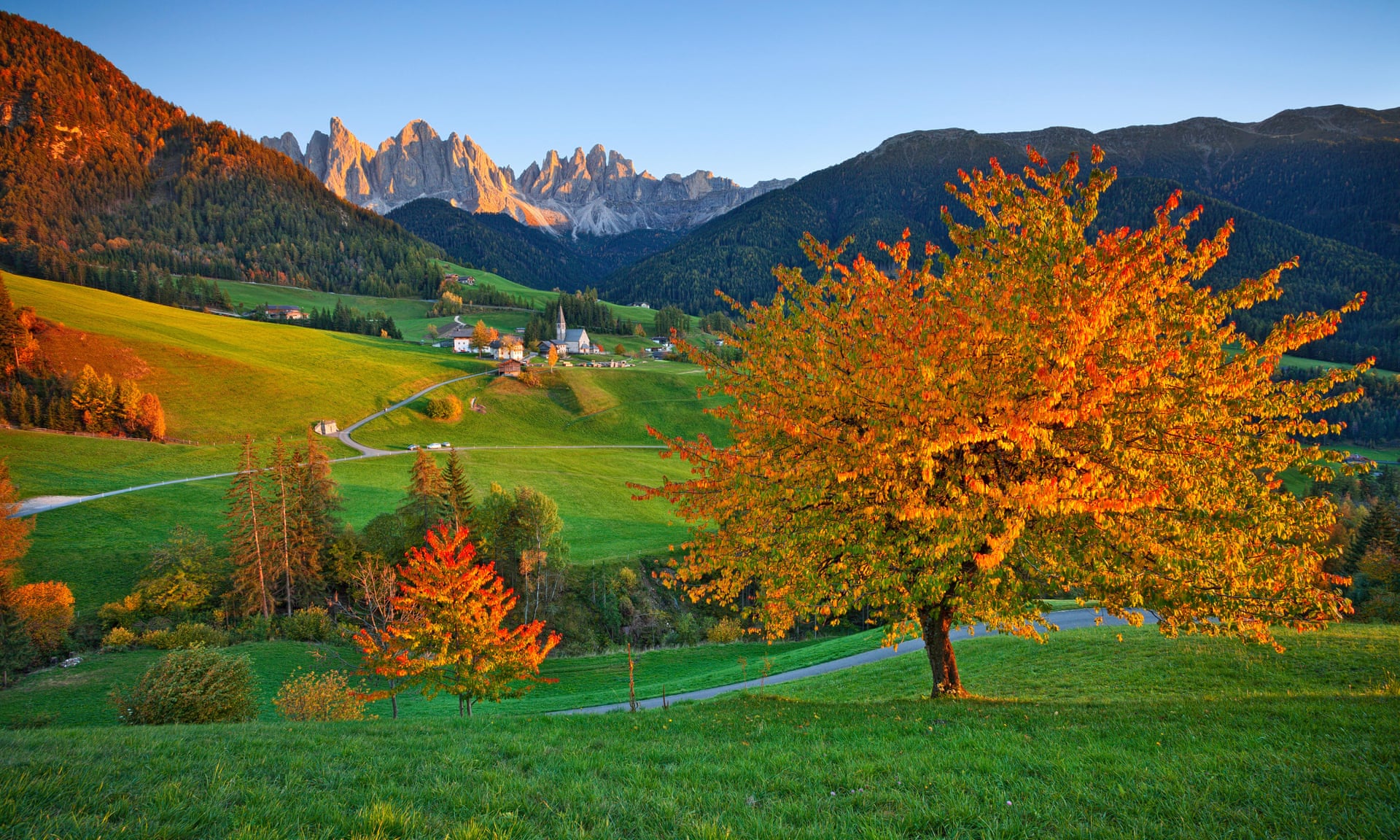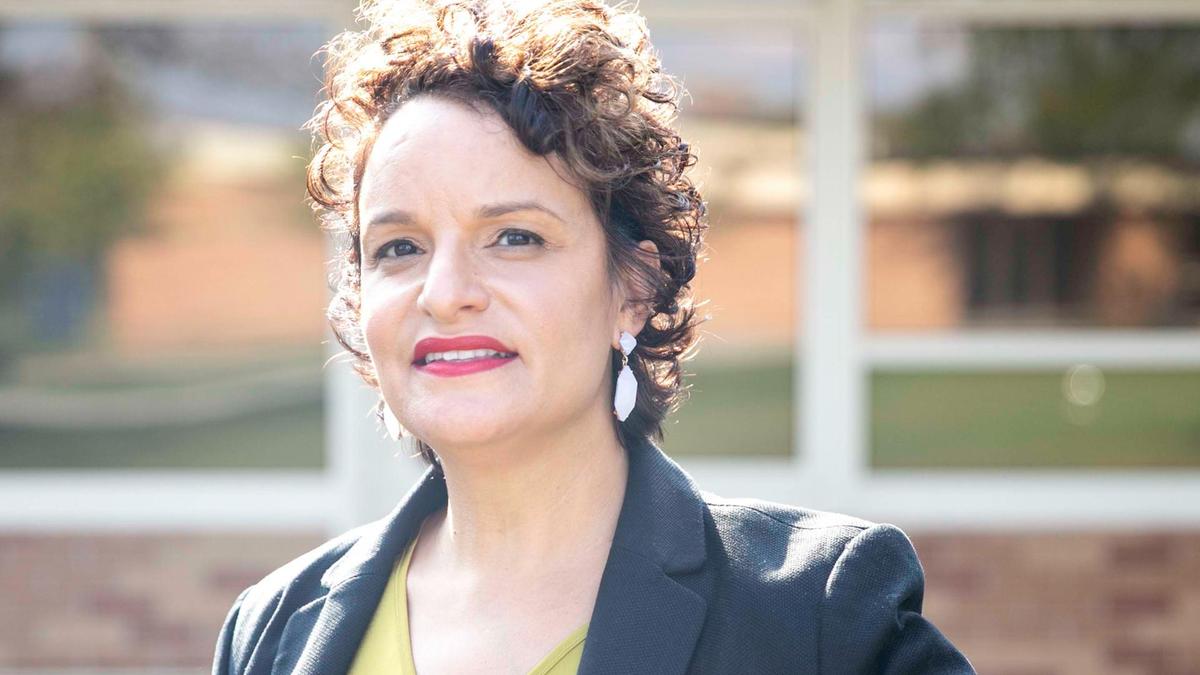Copy: The Observer, October 2012
>> On Friday, Writers Centre Norwich host an evening focusing on Salt Publishing. Alongside the Writers Centre itself, which was instrumental in the successful UNESCO City Of Literature bid for Norwich, Salt must surely be one of Norfolk’s literary success stories this year. The small independent publishers based in Cromer were already finding that their high-quality catalogue was gaining traction as they moved more heavily into fiction, after years as predominantly a poetry publisher. And then Alison Moore’s The Lighthouse was shortlisted for The Booker Prize. Just last week she was also shortlisted in the New Writer Of The Year category at the 2012 Specsavers National Book Awards. It was a gamechanger for both author and publisher.
Of course, Moore isn’t a new writer exactly, she’s been chipping away at short stories since 2009 – in fact, she was nominated for the Manchester Fiction Prize that year, losing out to Toby Litt. Her debut novel was published in the summer and The Lighthouse is genuinely fantastic, a really unsettling but richly rewarding tale of a middle aged man, Futh, who embarks on a contemplative German walking holiday after the break-up of his marriage – only to find himself more alienated than ever. There’s an atmospheric video trailer of it here.
She’s certainly my English new writer of the year – my American candidate being Kevin Powers, who I also interviewed recently for The National.
Anyway, in advance of her appearance in Norwich this week, here’s the ‘director’s cut’ of the Q&A I did for The Observer – we had a fascinating chat in a Didsbury cafe and it was a bit of a shame parts had to be cut for space. Afterwards, she also gave me a copy of her new chapbook published by Nightjar, and Small Animals is just as thoughtful, haunting and surprising. Amazing that a story that took the distance between East Didsbury and Manchester Piccadilly stations to read could make such an impact, but Moore is at the top of her game right now.
How has life changed since the Man Booker shortlisting?
I was shocked enough that my publishers Salt told me that they’d entered the book, let alone for it to get this far. It’s become quite surreal. Somebody said that were it not for the Booker Prize not many people would know about my novel, and that’s not mean, it’s quite true. But it’s the interest in me which is so overwhelming. There are even negotiations for film rights now. I’d be fascinated to see somebody else’s angle on it – as long as they didn’t change the ending too much… and I’d love [Breaking Bad’s] Bryan Cranston to play Futh.
The observation usually made about your book is that it’s a simple tale but difficult to explain.
I totally get that. I can give people a synopsis of a man separated from his wife who goes on a walking holiday, but it doesn’t necessarily give them the feel or the punch of the novel. And that’s how I write, actually; the first draft is ploughing through the story from beginning to end, and the redrafts start layering in the underbelly of the novel, its hints and echoes. Some of the difficulty for reviewers has also come from them not wanting to give away the ending, too, which has been very much appreciated.
Where did Futh come from? He invites sympathy, but sometimes he’s so unworldly, you want to shake him.
I know! I guess in one sense he’s calcified in childhood and he’s failed to mature. He’s not quite pinned down in either time or place – or connected to the world or home via a mobile phone – which adds to the idea of him coming adrift. I wanted to combine that with a sense of anxiety in social situations. For that part of him, it was about picking out the excruciating, bumbling bits of my own character, I suppose, and magnifying them.
And yet the quote on the front of the book is that The Lighthouse is “melancholy and haunting”.
Actually, I often made myself laugh when I was writing The Lighthouse – and I do think there is a tragicomic element to it. It’s not pure melancholy and I wasn’t at all sad when I wrote it; I had a very young child at the time and he was a lovely, happy baby.
The Lighthouse is, of course, officially recognised as one of the great books of 2012. What’s the last great book you read?
Not an obvious choice, maybe, but it’s Lionel Shriver’s So Much For That. She’s such a generous and brave writer and the ending was just heavenly. It’s very easy to hide behind your writing and Shriver never does that.
Have you read some of the other books on the Booker Prize list?
I have, yes. It’s funny – it’s been like a research project. Deborah Levy’s Swimming Home gave me a very vivid dream afterwards. Will Self’s book is amazing, it’s like a different creature altogether, and I’m reading Jeet Thayil’s Narcopolis at the moment. There’s a wonderful range of books and styles.


